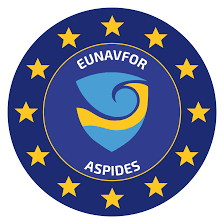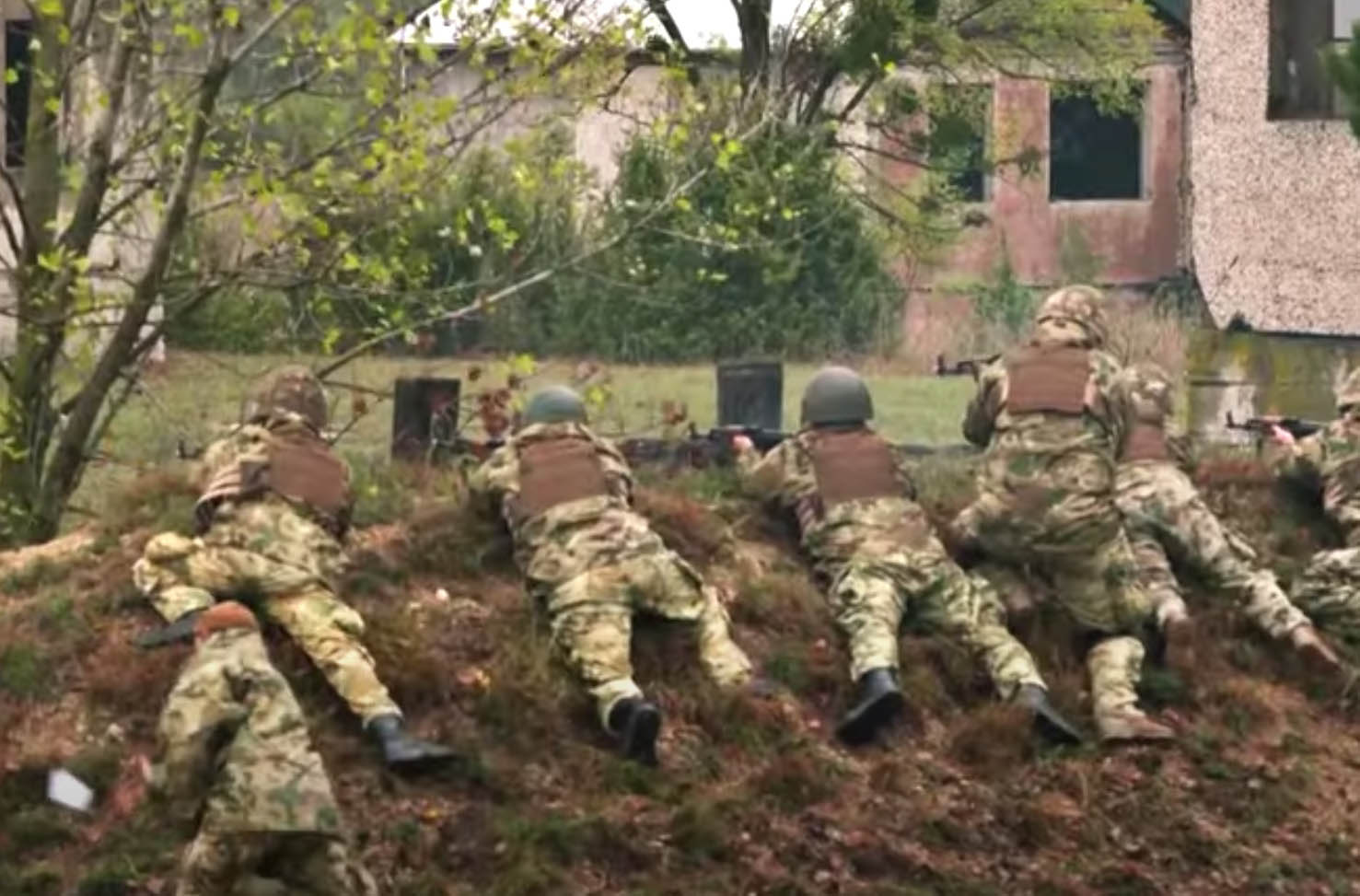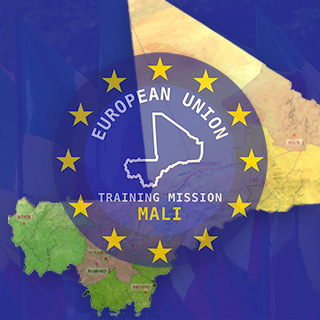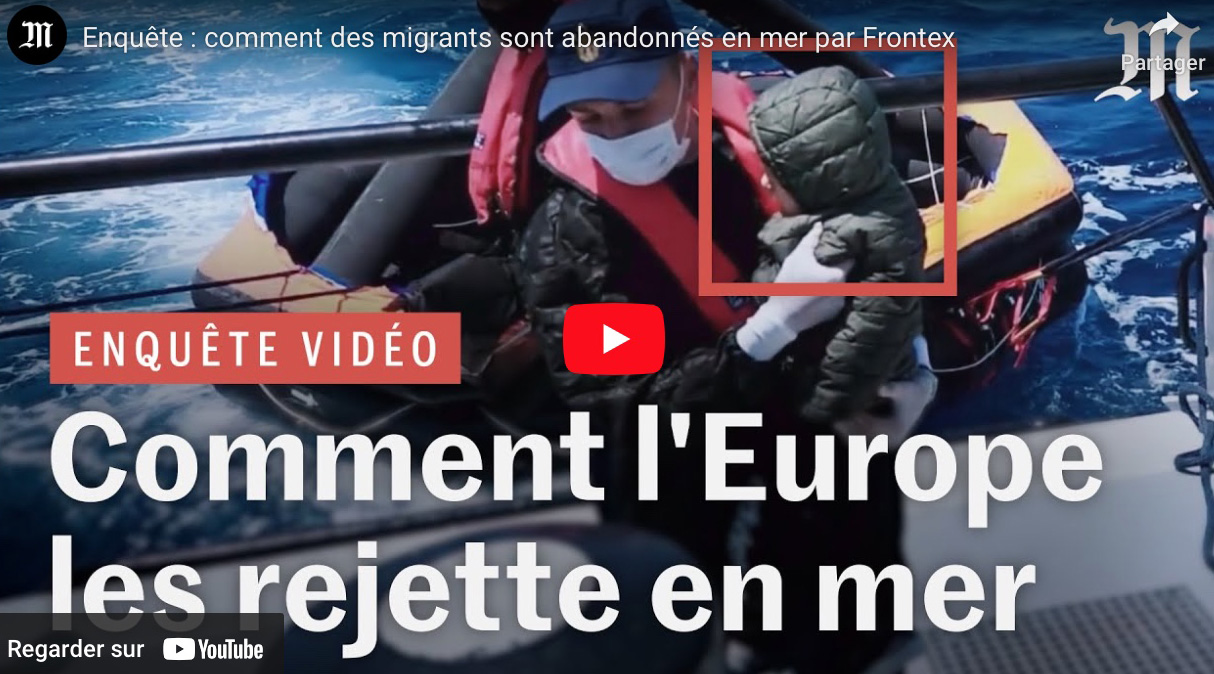19/02/2024: The European Union decided to launch a naval mission (Aspides = Protektor in Greek) to protect commercial vessels in the Red Sea from attacks by Iran-backed Houthi rebels.
Since late 2023, as a result of Houthi attacks on maritime shipping, maritime security in the Red Sea, the Indian Ocean and the Gulf has significantly degraded. The deterioration of the maritime security in the Red Sea has disrupted a key geopolitical area for international shipping. This affects negatively the EU as well as the wider international community.
On January 10, 2024, the UN Security Council adopted Resolution 2722 (2024), which strongly condemns the Houthi attacks on merchant ships and commercial vessels and highlights the importance of the exercise rights and freedoms of navigation of ships of all States in the Red Sea, including merchant ships and commercial vessels passing through the Bab el-Mandab Strait. In accordance with international law, the United Nations Security Council demanded that the Houthis immediately end these attacks, affirming that the exercise of navigation rights and freedoms by merchant ships and commercial vessels must be respected in accordance with the international law, and noting the right of Member States, in accordance with international law, to defend their vessels against attacks, including attacks that affect the rights and freedoms of navigation.
On 29 January 2024, the Council approved a CMC (crisis management concept) for a possible EU maritime security operation to protect freedom of navigation in relation to the Red Sea crisis, with an initial duration of one year from launch.
Operation ASPIDES will contribute to restore and safeguard freedom of navigation, for the sake of the EU, the region, and the wider international community.
EUNAVFOR OPERATION ASPIDES, within its purely defensive mandate, will protect shipping targeted by attacks at sea or air. It will not conduct strikes on land. Building upon the Strategic Compass for Security and Defence, ASPIDES consolidates the EU’s capacity to respond rapidly to a global crisis, in cooperation with like-minded international partners, while reinforcing the strategic autonomy of the EU.
ASPIDES will never conduct operations on Yemeni territory and have a wide range of operations: active along the main sea lines of communication in the Baab al-Mandab Strait and the Strait of Hormuz, as well as in the international waters of the Red Sea, Gulf of Aden, Arabian Sea, Gulf of Oman, and the Persian Gulf.
The German frigate Hesse was also sent from the North Sea to the Red Sea. The ship is built for air defense, being equipped with radars that can detect targets up to 400 km away and missiles to shoot down targets such as ballistic missiles and drones at a distance of over 160 km.
The force commander Stefano Constantino was former tactical commander of the Operation AGENOR operation in the Strait of Hormuz from 6 July 2022 to January 2023. AGENOR was the military component of the European led Maritime Awareness in the Strait of Hormuz (EMASoH) established at the beginning of 2020 by the governments of Denmark, Belgium, France, Germany, Greece, Italy, the Netherlands and Portugal (to which was recently added also Norway) in order to guarantee the safety of navigation in an area of operation centered on the Strait of Hormuz and extended northwards to the entire Gulf and southwards to the area of the Indian Ocean located along the Omani coasts.
Last year, Constantino held the position of tactical commander at sea of Operation Safe Mediterranean (OSM), in a portion of the Mediterranean that goes from the west of Sardinia to include its entire central and eastern part.
Among the tasks of Operation Safe Mediterranean stand out the defense of maritime communication lines, the monitoring and protection of the national, merchant and fishing fleets, the increase in surveillance and the protection of the dense network of strategic underwater infrastructures that run on the seabed around the Peninsula, such as telephone and data transfer cables, electricity lines and gas pipelines. International, inter-ministerial cooperation and synergy in the field of maritime security with the countries bordering the Mediterranean complete the picture of the activities carried out by this important Operation to defend the free use of the sea.
Operation ASPIDES will coordinate closely with EUNAVFOR ATALANTA. 40 per cent of Italy’s maritime traffic passes through the Suez Canal. But the Egyptian strait has a weight on the global economy, not only the Italian one: it accounts for 12 per cent of world trade in goods transits, a figure that increases to 30 per cent if containers are considered.
In addition to Greece and Italy, will be joined by France, with the role of deputy in field operations, and Germany. But the year-long mission may be expanded not only to other member countries (Romania has reportedly given its willingness to participate), but also to non-EU and non-NATO countries.
OHQ: EU multunationalisable HQ, Larissa (Greece)
FHQ: destroyer Caio Duilio (IT)
Staff: OHQ: 130 ; FHQ embarked on a Frigate: 30
Operation Area : From the Red Sea to the Gulf and a large part of the North-West Indian Ocean
Assets: 4 frigates + 1 aerial asset
Budget: €8 million
Participating States: Greece, France, Italy, Germany, (Romania?)
Operation commander: Commodore Vasilios Griparis (GR)
Force commander: Rear Admiral Stefano Costantino (IT)
D-day: 19 February 2024





